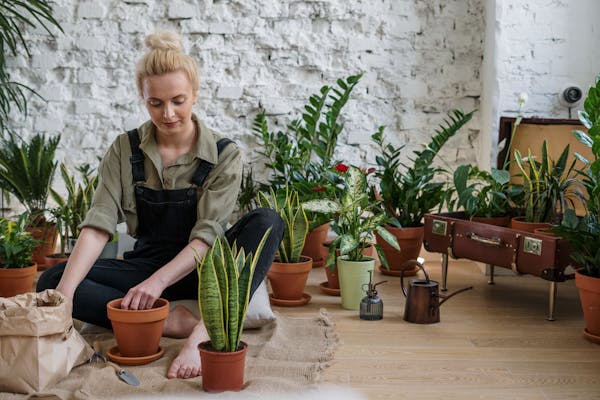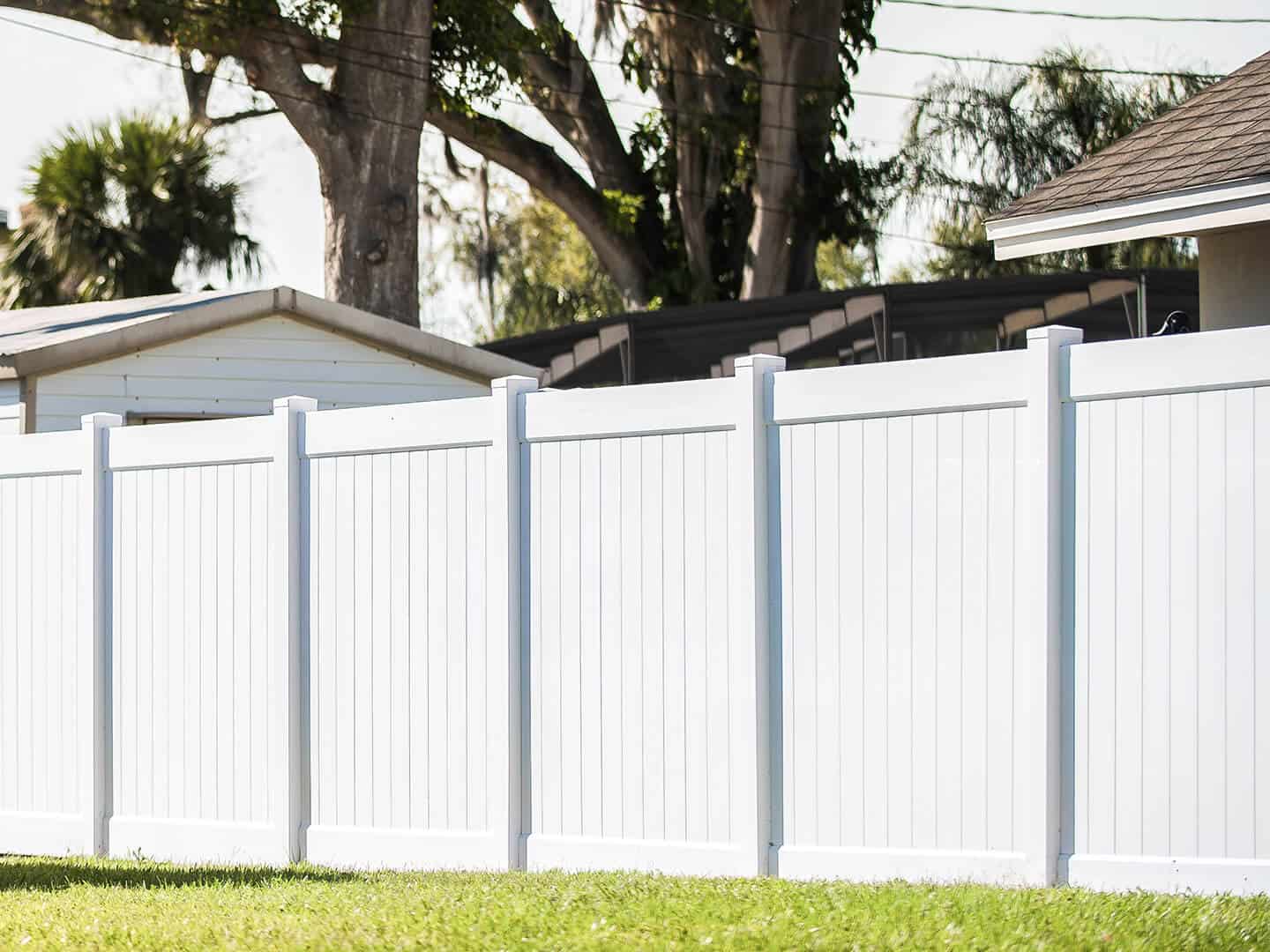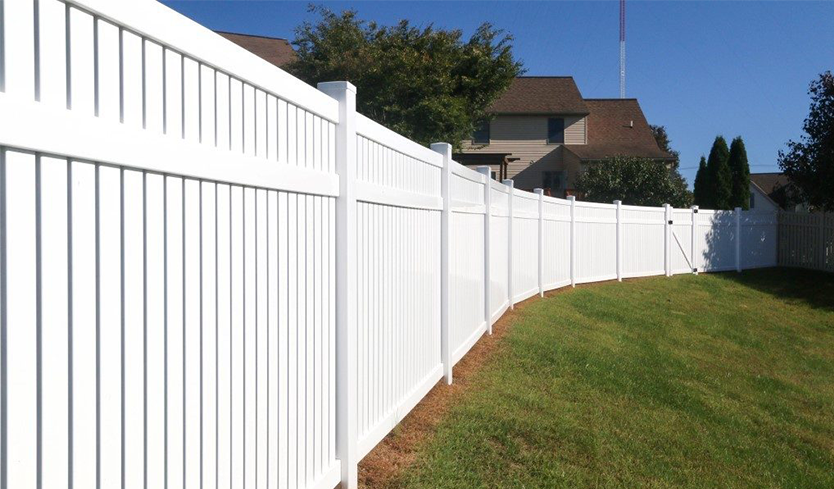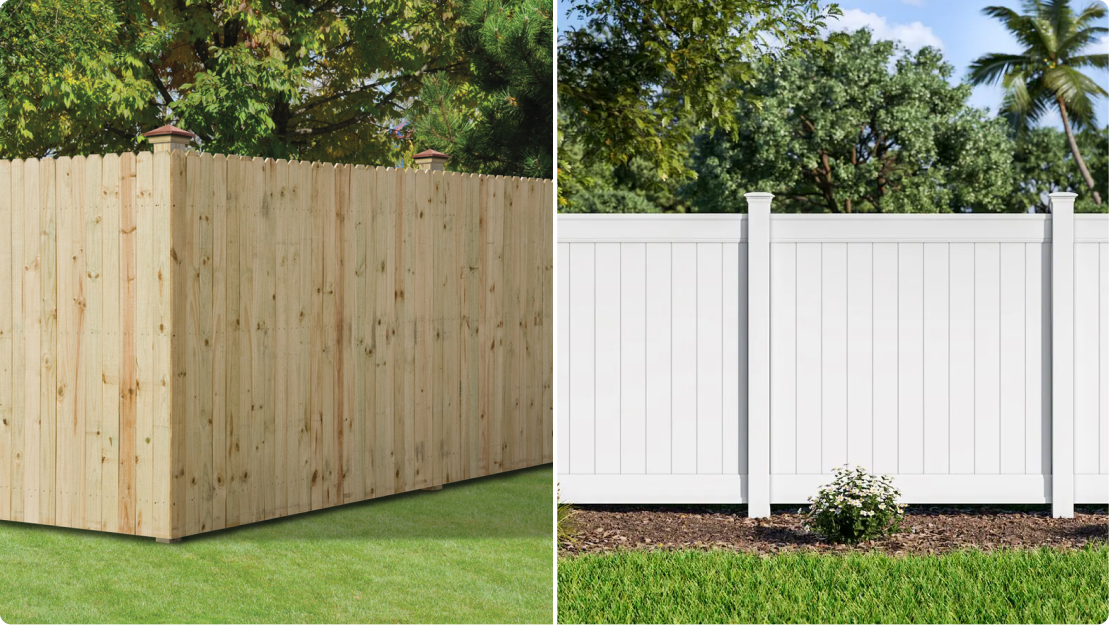Students show why every day should be Earth Day
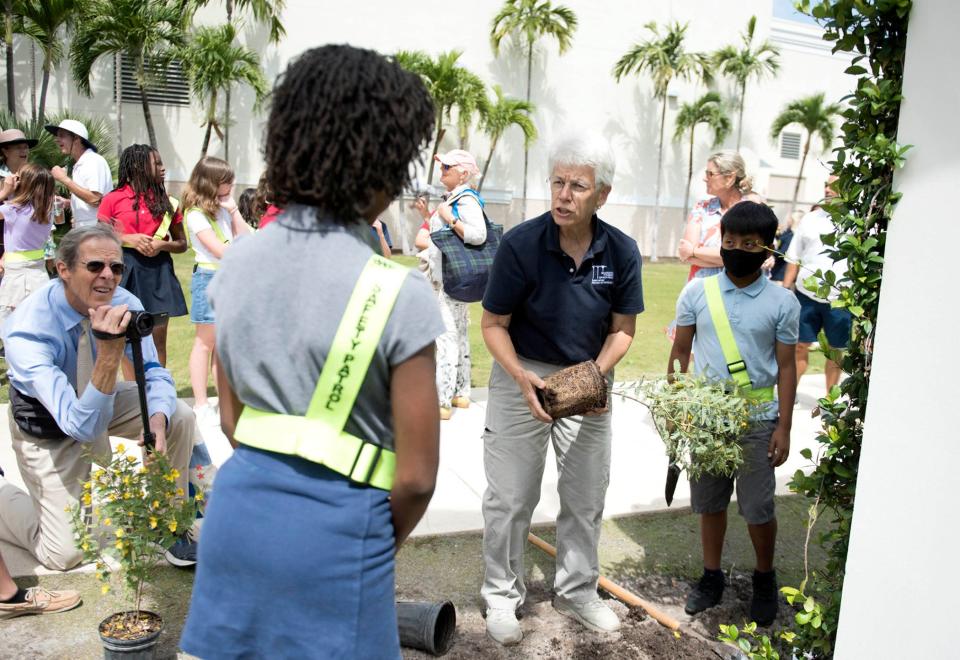
The city of Palm Beach front together with the Preservation Basis, Palm Seaside Working day Academy and Palm Seaside General public university learners, the Palm Beach front Civic Affiliation, the Mounts Botanical Yard, and the Backyard Club did an amazing job a short while ago celebrating Earth Working day.
At the Mandel Recreation Heart, eighth-quality Day Academy students stated the work they have completed considering that 2020 planting mangroves and oyster reef balls on Tarpon Cove, a restoration island web site in the Intracoastal. The college students discussed how mangroves, native to Florida, supply habitat for above 70 per cent of marine animals, though filtering the drinking water and guarding our shores from erosion.
On their subject journeys to the island, the learners also deployed oyster reef balls, synthetic reef products that mimic the composition and perform of all-natural reefs, creating habitat for oysters and other marine species to endure. In scenario you weren’t conscious of the price of oysters, these natural drinking water purifiers get rid of nitrogen and sediment from our lagoon. When you take into account that excess nitrogen is a massive contributor to crimson and blue-inexperienced algae blooms, the operate these kids are executing is invaluable.
While doing the job with maritime environments, the students understood their interconnectedness with the wellbeing of our land, and so they have partnered with Local community Greening, an outreach application devoted to planting trees. Its mission statement is a little something we could all embrace: to create sustainable eco-friendly spaces and a vibrant tree cover to reinforce our surroundings, our financial system, our modern society, and our health and fitness. Considering that its inception in 2016, Group Greening has planted additional than 9,000 trees. These children are unquestionably on the ideal monitor so let’s all observe their direct. They want Earth Day to be just about every working day.
Recently: Green gardening: In our very own backyards, we can help mend the planet
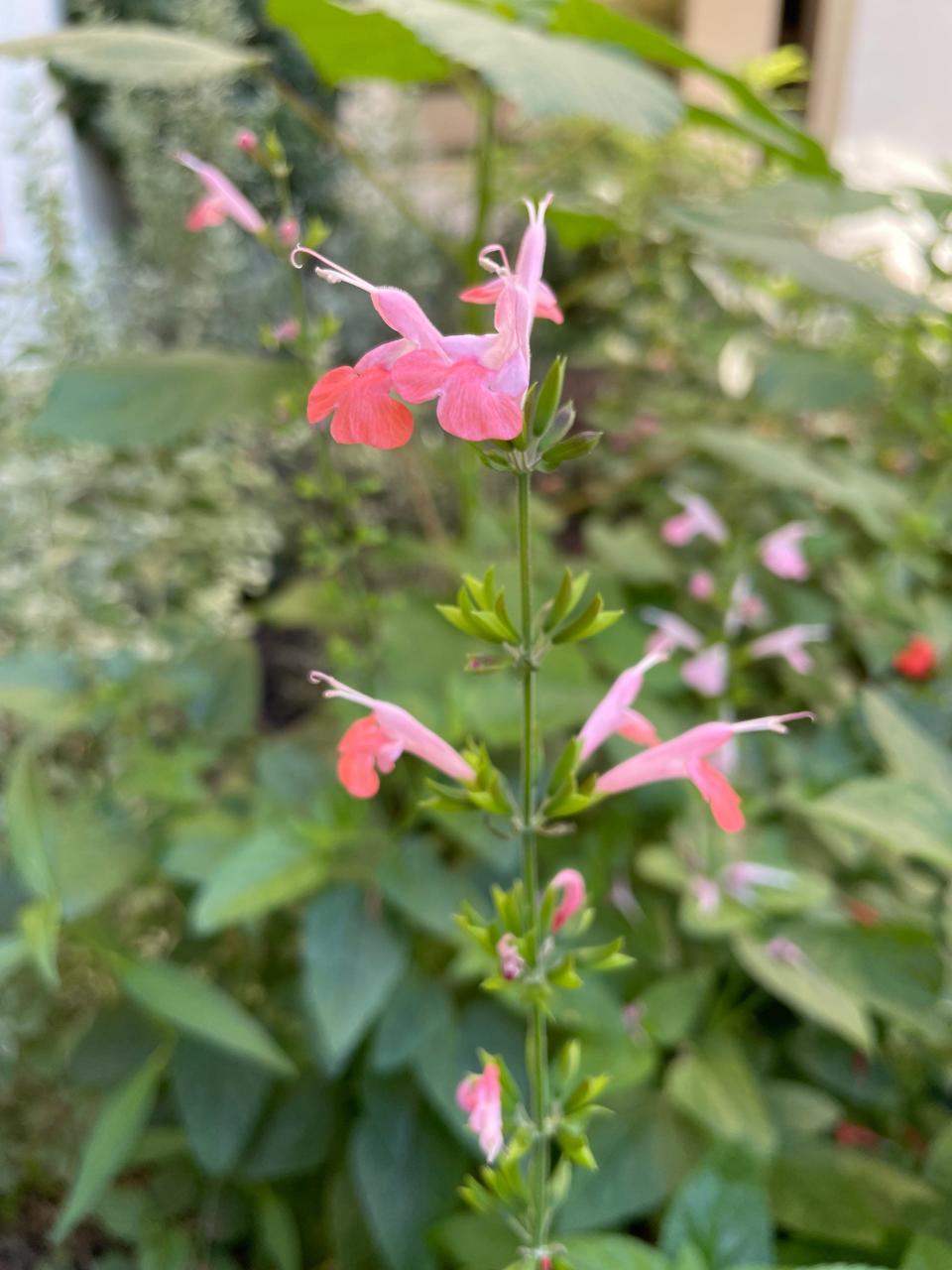
Students at Palm Seashore Community put in the last several months mastering about the value of indigenous species and have planted salvia coccinea (purple, pink and white sage), fog fruit, mimosa and our condition wildflower, coreopsis, in window containers outside the house their school rooms.

The plants are now in entire bloom, brightening the courtyard and attracting butterflies and pollinators. In their fantastic video clip, each scholar spoke about an vital advantage of native species: from advertising and marketing biodiversity, developing habitat and flourishing with out chemical substances, to giving food stuff for the bugs that are critical to daily life on our earth. Then they extra some amazing studies for the United States: $25 billion pounds are expended on lawn care each yr 580 million gallons of gasoline are made use of by lawnmowers, every single of which generates 11 times as a great deal air pollution as a new car and 30 p.c to 60 p.c of our drinking water supply goes to watering lawns. Garden care makes 13 billion lbs of harmful pollutants for every yr.
Moreover, 85 % of all plant species rely on pollinators and 500 million tons of bugs are eaten by birds each and every year. Non-indigenous species simply cannot aid the insect populations wanted by birds, so the learners urged us to show a tiny far more regard for the natives that have evolved below over hundreds of a long time.

These young children have performed their research and remind us not only to minimize our lawn spots but to halt working with toxic substances that eliminate necessary bugs and bacteria. They recognize that crops have to be more than just decoration they should also lead to producing sustainable biodiverse ecosystems. The college students implored us to restore our earth. Probably we must pay attention to them a minor much more carefully.
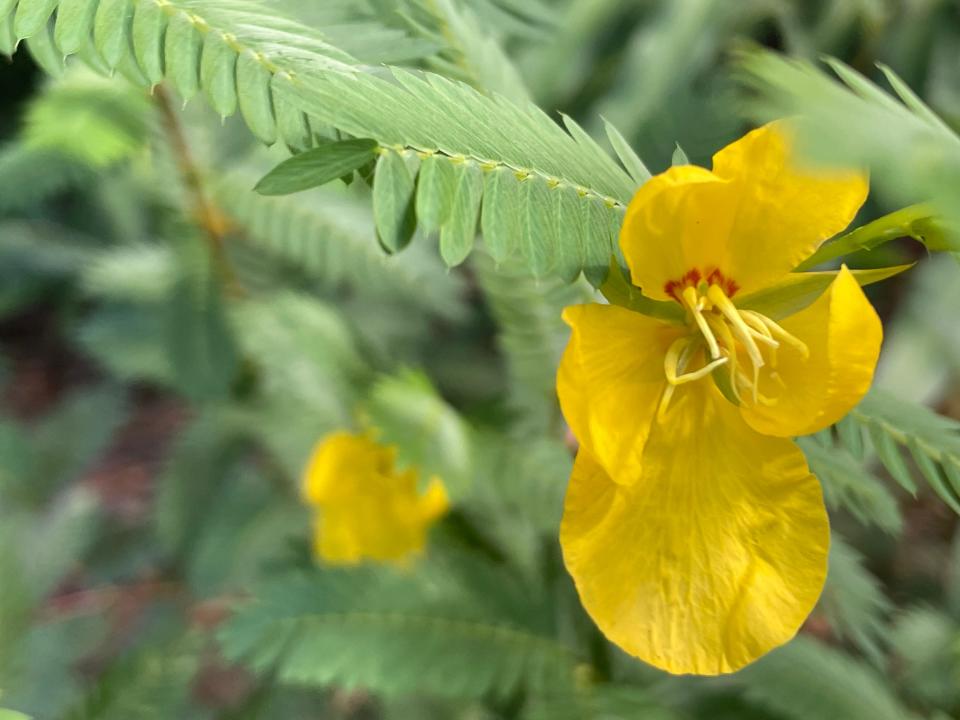
After the students’ displays, anyone was supplied a partridge pea plant, Chamaecrista fasciculata, the larval host to ceraunus blue, cloudless sulphur, very little yellow and grey hairstreak butterflies.

The Preservation Foundation’s horticulturalist, Susan Lerner, aided the children plant these all-around the flagpole at the recreation middle. She also has place in a great indigenous yard adjacent to the entrance that includes plants commonly located in maritime hammocks and coastal strands: a gorgeous gumbo limbo serves as a focal position surrounded by dune sunflower, seaside verbena, sunshine mimosa, Joewood, Bahama senna and our endangered Jacquemontia reclinata. All offer foodstuff for birds and nectar for butterflies.

Celebration at Pan’s Yard
On May possibly 1, Pan’s Backyard garden at the Preservation Foundation was host to an engaging collection of Earth Working day workshops for little ones.
Stations were set up all over the backyard garden to display beekeeping, with honey tasting for the blessed individuals, and seed balls, where by little ones rolled moist filth into balls and extra seeds of native tropical sage, dune sunflower, coreopsis, partridge pea and the attractive blue Salvia lyrata. Each individual ball was put in a paper cup for the little ones to plant at dwelling, and I can attest to my grandchildren’s exhilaration in digging holes in my back garden, dropping in the balls and then marking the spots to observe for germinating seeds. Another station showed how to transportation flower preparations without having utilizing any plastic, by wrapping the blooms in foliage. There also had been Earth Working day-impressed game titles, artwork stations, storytelling and lots of finger food items. It was a huge strike for all ages.
The frustrating concept from our young children is that Earth Day need to be each day. Generating just a several adjustments in your plan could make all the difference.
Call your landscaping organization and make sure they aren’t making use of unnecessary chemicals superior yet, talk to them not to implement something until there is a dire unexpected emergency. A friend of mine advised me her landscapers planned to apply Roundup to her somewhat extensive lawn, in order to change the grass. Knowledgeable of the toxicity of glyphosate, she canceled the therapy and the garden will be dug up instead, a method made use of for hundreds of years prior to the advent of poisons marketed to us below the guise of vital environmental tools. Listening to our young ones bandy about conditions these as “biodiverse ecosystems,” “native sustainability” and “our fragile barrier island” presents me so a great deal hope for the foreseeable future. If we place these pupils in charge, our earth can endure.

Plant these natives
In this article are a couple far more indigenous plant ideas for your gardens. At the Mounts Botanical Backyard garden plant sale this past weekend, an additional wonderful Earth Day occasion, I uncovered little strongbark, Bourreria cassinifolia, a great endangered native shrub with tiny fragrant white flowers that are adopted by clusters of tiny orange fruits liked by birds. This is a wonderful evergreen border shrub, not exceeding 3 to 4 toes in height, pretty drought-tolerant, and a magnet for various butterflies and hummingbirds. It likes sun to element shade but is not picky as to soil. Give this a test – it’s a fantastic addition to any border and the bouquets bloom repeatedly!

Last but not least, partridge pea is one more certainly great tiny indigenous shrub. The bright yellow bouquets have a contact of purple at the foundation and bloom from spring to early wintertime. Mild eco-friendly feather-like foliage provides this an airy texture. Expanding 1 to 3 toes, with an equivalent width, this likes complete solar to mild shade in moist, well-drained sandy soil. This is host to quite a few butterflies, shown earlier mentioned.

This post initially appeared on Palm Seashore Day by day News: Palm Seashore pupils raise awareness of shielding our earth

